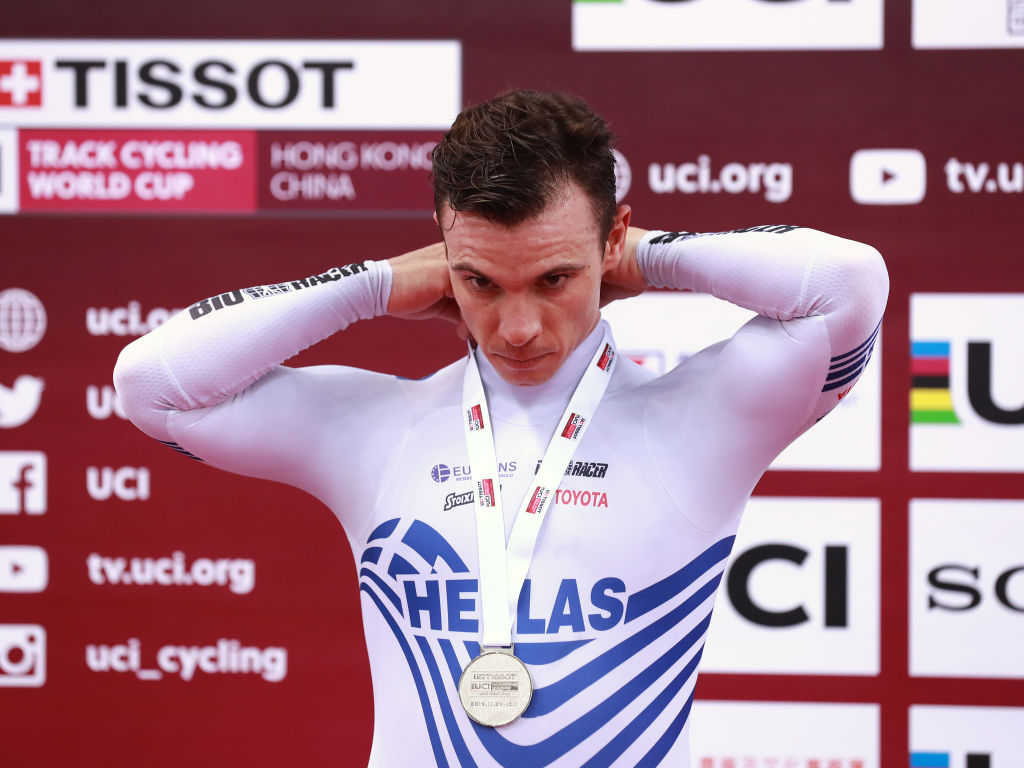
The UCI announced that it has provisionally suspended Greek track sprinter Christos Volikákis, 36, after he tested positive for an experimental drug, Ligandrol (LGD-4033), in the re-analysis of doping controls taken at the 2016 Olympic Games in Rio de Janeiro, Brazil.
Ligandrol is a selective androgen receptor modulator (SARM), a class of drugs that activate androgen receptors, providing the same benefits as anabolic steroids without the side effects on reproductive organs. SARMs are prohibited substances under class S1.2 (Other Anabolic Agents) of the Prohibited List.
Volikákis' only event of the 2016 Olympic Games was the men's keirin, where he finished in12th place behind gold medalist Jason Kenny (Great Britain).
His doping control sample collected on the same day, August 16, 2016, was put into storage under the World Anti-Doping Code which, since 2004, has allowed for samples to be re-tested using newly developed methods.
The rule was implemented in the wake of the era of widespread EPO abuse and the evolution of growth hormones and other drugs that were difficult to detect or had short windows of detection. It allowed for the development of detection methods for emerging doping products and was thought to deter doping.
Samples from the 2008 Beijing Olympics were re-tested for a newer form of EPO, CERA,
The International Testing Agency, which performs testing for the UCI and many other sports, launched its re-analysis of the Rio samples on behalf of the International Olympic Committee (IOC) in December in a two-phase approach. The top priority was to first test samples from athletes who are still active and may be selected for the 2024 Olympics in Paris. A second phase will include athletes who are no longer competing.
Once an athlete like Volikákis tests positive, their case follows the normal anti-doping adjudication protocols. He has the right to request an analysis of his B sample but is not allowed to compete until his case is concluded.
Volikákis has continued to compete since 2016, changing over to endurance events after Rio. He won the scratch race at the 2019 World Cup in Cambridge. However, the country has so far failed to amass enough points to qualify for the Paris Olympics in men's track cycling.







